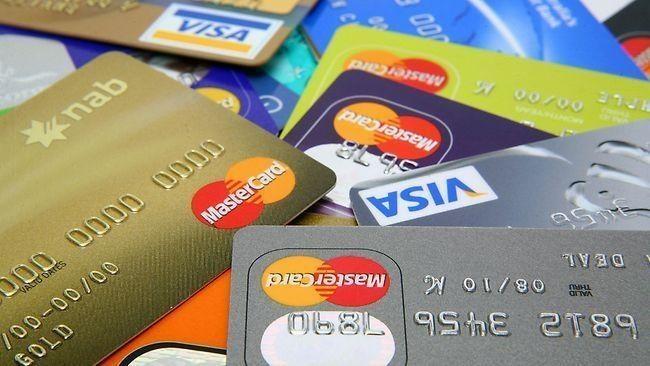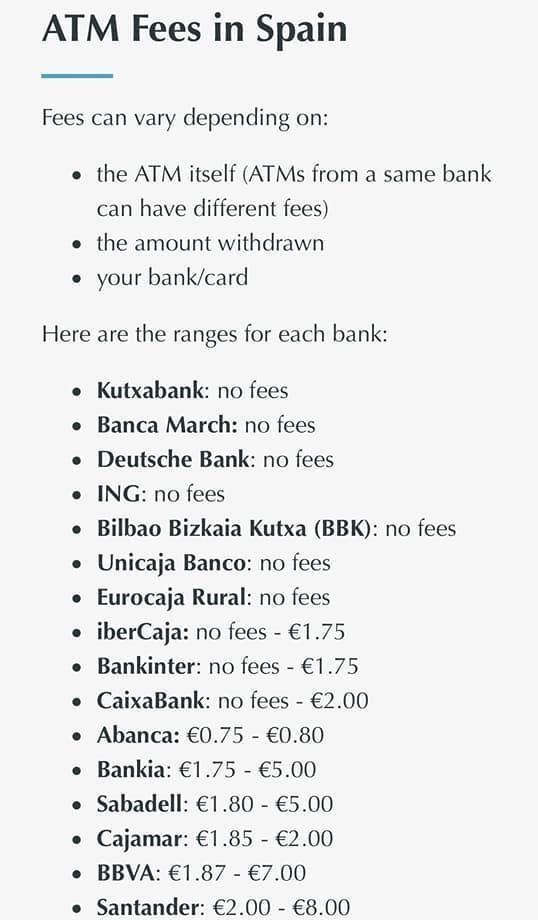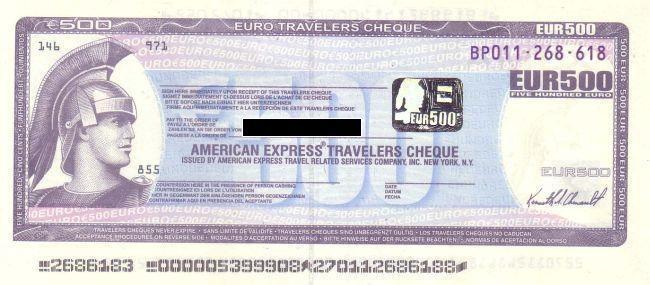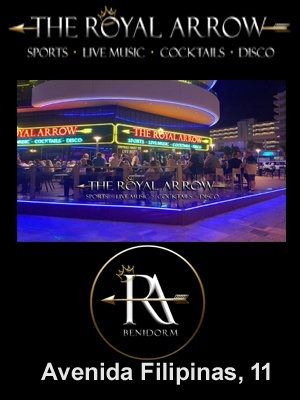Money Travel Guide
Money Travel Guide - The majority of us can only afford, or have the time to go away once a year, this makes it even more important to get the best price available when you're changing your money into a foreign currency.
Getting the best deal means you often spend less on charges and commission and more on holiday treats. Whether you decide to take a prepaid currency card, cash, credit card or traveller's cheques, below are some ways of getting the best deals on your hard earned money.
SHOULD I PAY IN STERLING OR EURO?
Always say ‘no’ to a sterling bill – instead demand to pay in the local currency.
Paying in euros. As you’re charged in euros, your home bank or credit card company does the conversion for you.
Paying in pounds. This choice is known as ‘dynamic currency exchange’. What it means is when paying or withdrawing cash on a card, you can opt for the conversion on the hoof. In other words, rather than your home bank, the foreign bank (or the store’s bank if you’re buying something) does the currency conversion for you.
Watch out for dynamic currency conversion
When paying with a credit card abroad, the retailer may (or may not) give you the option to pay your bill in your own currency, rather than the local one, using dynamic currency conversion.
While this is convenient, as you can get an idea of the value of your purchase, it comes at a price. You’ll be charged a higher exchange rate for dynamic currency conversion, which isn't worth paying.
The retailer might automatically use dynamic currency conversion unless you say not to, so it’s best to check your bill carefully before signing anything or entering your PIN. If they have used dynamic currency conversion, ask to be billed in the local currency instead.
Money Travel Guide Paying with Coins
Did you know there is a maximum amount you can pay in coins? The maximum amount of coins that anyone can use in a payment is regulated by the EC order 2169/2005 in its article 11. Any payment, between public bodies, businesses or between individuals, is limited to a maximum of 50 coins. The recipient of the payment has the last word on whether or not to accept the payment of money by receiving 50 or more coins in return.
Only the Bank of Spain and the European Central Bank are obliged to accept payment regardless of the amount of coins delivered to them.
In addition, the rule states that the largest amount that can be paid with coins is 100 euros (with 50 coins of 2 euros) and the smallest, 50 cents (with 50 coins of 1 cent).
On the other hand, the Bank of Spain can make the exchange of banknotes and coins of less denomination in its offices, with a limit of 100 units or 1,000 euros per person per day.
KEEP ON EYE ON THE EXCHANGE RATE
Get into the habit of looking at the exchange rates as they can and do fluctuate daily. This will give you a greater idea of what a good value exchange rate is.. Today´s EXCHANGE RATE in Benidorm can be seen here
Money Travel Guide - Using Credit Cards
Credit cards are accepted for purchases and cash withdrawals. A credit card charges a currency conversion fee, plus a cash advance fee for withdrawals, plus you've got the interest rate building up on any withdrawal.

Fees
Cash advance fees in particular can really put a dent in your travel budget, so avoid them unless it's an emergency.
Some companies don't charge interest if you pre-load enough money to your account, so check with your card provider.
Prepaid travel money cards
These Cards are offered by major banks and by money exchange companies like Travelex. Before leaving, you pay money into the card account and you use it for purchases and cash withdrawals as per a debit or credit card. For foreign currencies you can "lock in" your exchange rate (including the exchange rate margin - see below) when you load money onto the card. These cards can be replaced if lost or stolen.
Fees
A major difference between pre-paid cards and debit/credit cards is their fees. Some costs aren't immediately apparent, such as margins built into the exchange rates applied to transactions. While you won't pay an annual fee or interest, you may pay:
exchange rate margins when you load and close the card - these are not specifically disclosed by the providers and vary from day to day,
fees to load the card - either a percentage of the total or a flat fee,
ATM withdrawal fees,
The exchange rate conversion fee when you use the card - varies between providers.
The small print As with all cards, make sure you read and understand the terms and conditions, including the fees.
In general, this popular type of travel money relies on a hefty exchange rate mark-up when loading money onto pre-paid cards. Portability and convenience can easily be offset by the exchange rate margin and a confusing array of other fees – so be especially vigilant when considering one of these.
Also, be sure to have the right currency loaded on the card, since card issuers may charge two percent per transaction - or more - for using currencies not loaded on the card.
ATM and debit cards
Most banks, building societies and credit unions offer ATM cards that can be used for international purchases and cash withdrawals. Unlike credit cards, which offer interest-free days, the debit card transaction is deducted straight from your bank account and you won't be charged interest for cash withdrawals unless you overdraw your account.
Fees
Some will charge up to 3%, some 0% check with our provider so make sure there are no restrictions on purchases overseas, let your bank know you are in another country.
There are accounts with no fees though, so check your bank or building societies policy.
Always try to use the ATM machines at the main banks and not ones dotted round town, as their fees will be higher.

SCAM - The ATM SCAM
Money Travel Guide - Using Travellers' cheques
They probably seem a little outdated now, given most of us have credit and debit cards, however some people like to carry traveller's cheques as a back up since, unlike cash, they can be replaced by the provider if lost or stolen. If you don't use them, some foreign exchange providers will refund the cheques at no extra cost. Be sure to keep a record of the serial numbers (in a separate place to the cheques) so you're protected in the event of loss or theft.

Fees
Check the fees and commissions that apply. Depending on where you buy traveller's cheques, they may cost more than cash due to the insurance that's built in. Check if a second set of fees will apply when you go to cash the cheques in overseas banks and exchanges. Also find out where you'll be able to exchange the cheques. Remember it will cost you the same to cash 100 pounds as it will to cash 10 pounds.
Money Travel Guide - Ordering currency online
More companies these days are happy to arrange a foreign currency exchange over the internet. On-line services are convenient, but check out the delivery times and costs. Some firms can arrange next day delivery of the currency, but there might be a delivery charge. A number of companies charge for delivery only if you exchange a small amount, say under £500 – and you might be able to avoid the delivery charge completely if you can pick up the currency from a local branch. So be sure to explore all the options. Some banks and building societies provide special rates for existing customers.
Insurance limits
Remember not to take too much cash abroad as it can easily be lost or stolen. There will also be a cash limit on what you can claim on your travel insurance policy, which means you will be covered only up to a certain amount. For example, if the cash limit is £250 and a thief makes off with your wad of £500, the policy would only pay out £250, minus any excess (which itself could be £50 or £100).
Leftover currency
You might not expect to return from your trip with any leftover currency, but you never know. It’s therefore a good idea to find out if the company charges commission to buy back the foreign currency. The exchange rate will also be different, so again it can pay to shop around.
How to spot FAKE notes and euro coins
Like us on Facebook for regular updates or follow us on Twitter




It is perfectly possible to take one into a bank to exchange for smaller denomination notes, but formal identification of the person bringing it in is legally required. More ...